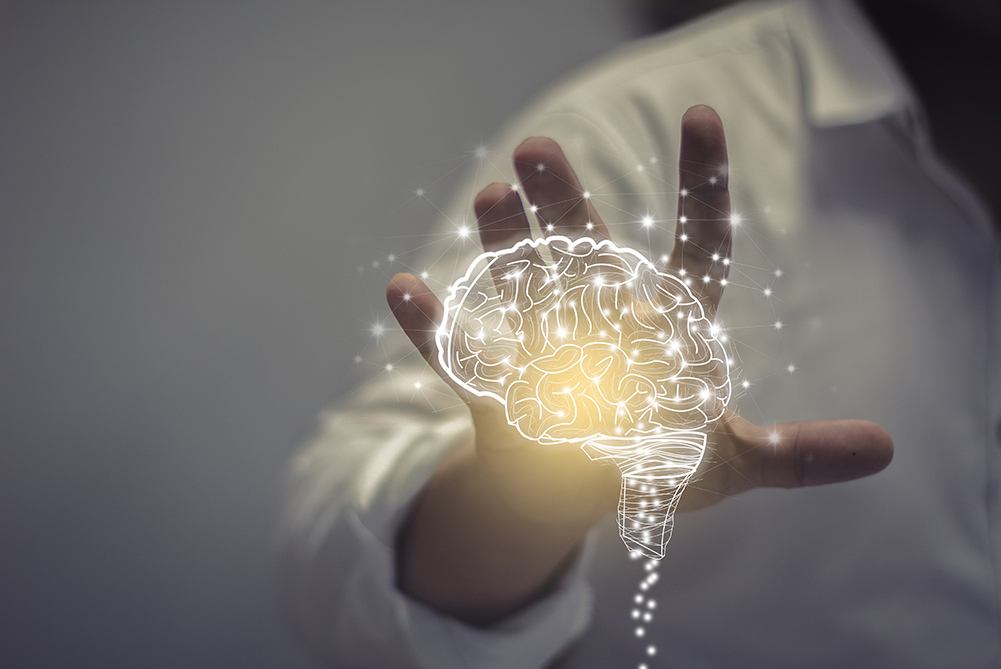An often underestimated part of an athletes’ performance is mental toughness. People spend hours training to be physically fit for their race, but very little time focused on improving mental toughness. This however can have an equally important influence on performance.
Aspects of mental toughness
There are several aspects of mental toughness. It is not as simple as if you are mentally tough or not. An athlete might be extremely motivated and focused but lack confidence or unable to work through difficult situations. When trying to improve mental toughness, it is good to look at each aspect individually. The following categories are a good breakdown of what makes up mental toughness:
Motivation
Motivation is the stimulus to achieve good results. An athlete can be intrinsically or extrinsically motivated. Intrinsic motivation stems from the enjoyment of the activity and inner peace. Extrinsic motivating factors are for instance fame, medals and money. Ideally, your motivation comes from both these intrinsic and extrinsic influences. This keeps your motivation always at a maximum.
Confidence
Confidence in your own ability is essential, to deal with crises and to reach your full potential. Work on having a realistic confidence and trust in it, when things are not working out as you hoped. Building confidence can be as simple as always thinking of at least one thing that you have done well in each training session or race. This is especially important to focus on positive things when many things did not go well.
Relaxation
To be a bit excited before competition is normal and positive. On the other hand, if you are so stressed that you lose sleep, it makes sense to practice relaxation techniques. Only through the correct balance between stress and relaxation can optimum results be achieved.
Concentration (focus)
Concentration is the ability to focus on a goal for a given length of time, to gather one’s strength and not be distracted or deviate from one’s aim. Successful athletes stay concentrated until crossing the finish. It is a mistake to let yourself get into a mental crisis and to say, for instance, “Who cares whether I achieve my time goal or not…”
Visualisation
To be able to imagine being successful in a race (like seeing a video) helps to release positive energy. Visualisation can be used before and during a race situation, to get in a positive mood. Try to use all your senses when visualising, to make the experience as lifelike as possible: imagine what you can see, hear smell and feel in the situation.
Mental dialogue
Positive verbalisation in mental dialogue produces better results. Talk to yourself (it doesn’t have to be out loud). Example: “I can climb, and I am fast when I ride at my own rhythm.” Avoid negative dialogue. If you say “I will never be able to do that,” you will hinder any motivation and will finish below your potential.
How is your Mental Toughness?
Some people naturally have more mental strength than others. A mix of genetic and experiential differences between athletes causes this. The good news is that you can improve it. The first step for improving your mental toughness is to evaluate where you stand.
2PEAK has a short test that athletes can take that will score their mental toughness in each of the categories above. Take the test here and find out where you are stronger and weaker. Once you know where you stand, you can work on improving your weaknesses. You can also read this article we have on mental toughness to see the other 2PEAK features that help you improve your mental strength.
